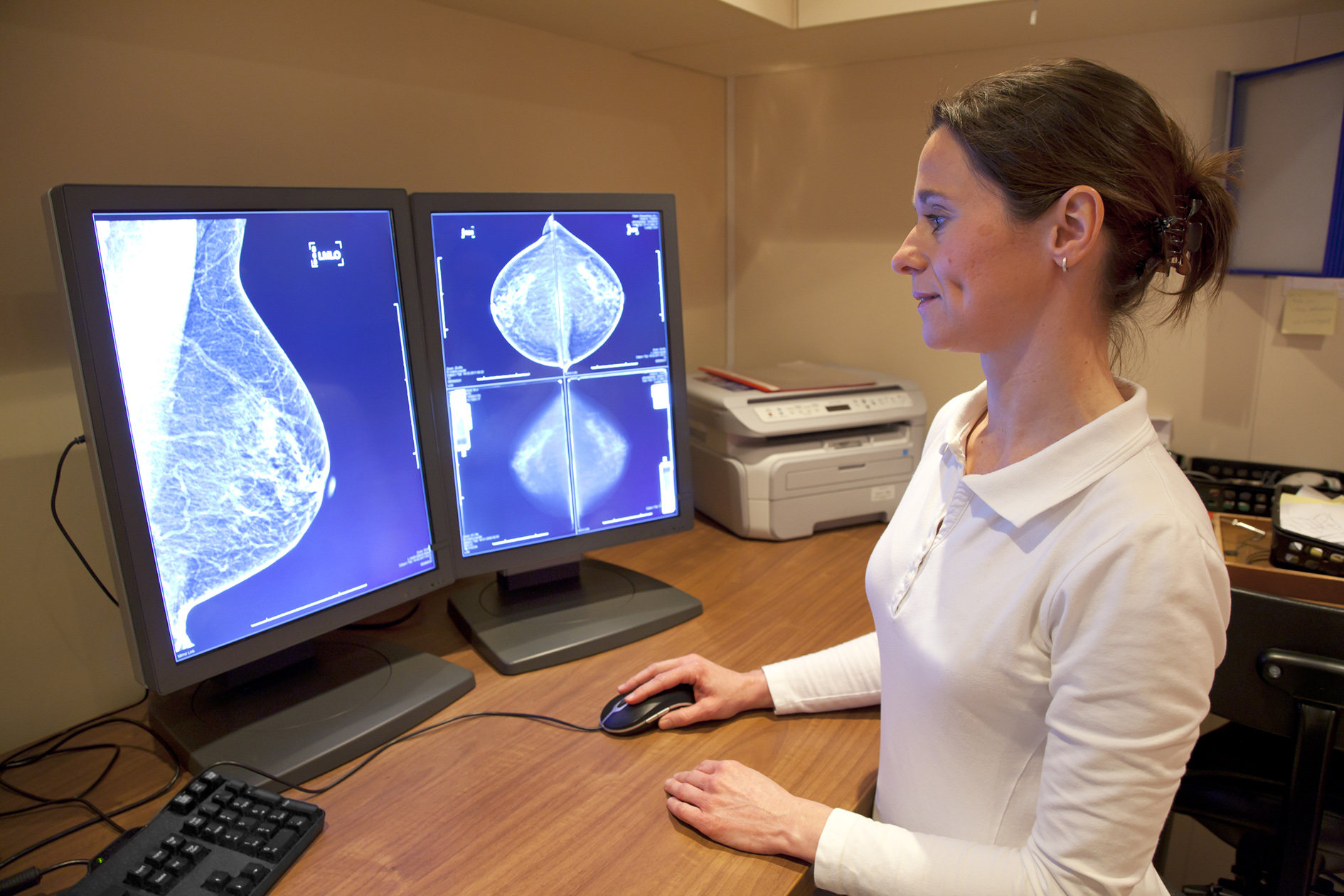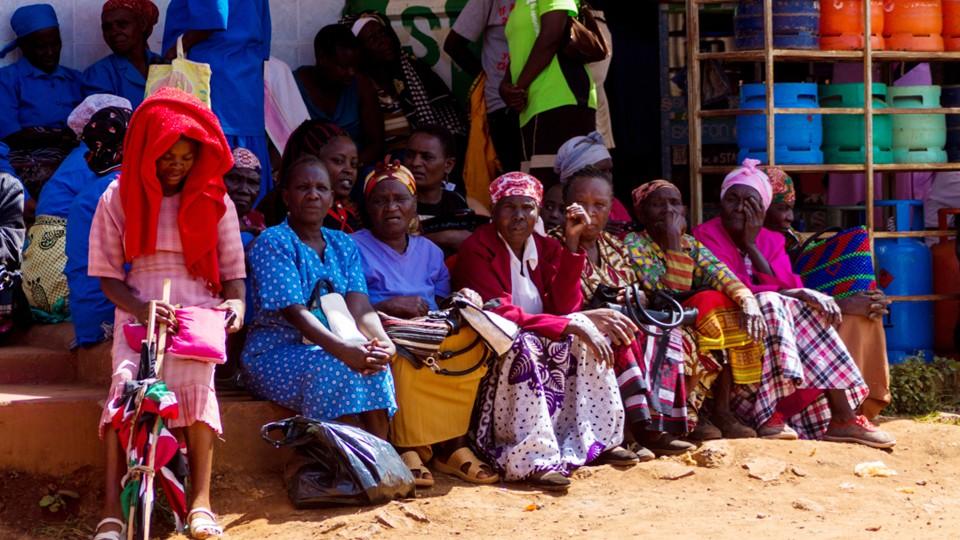Google Health's AI outperforms radiologists at breast cancer screening

An artificial intelligence (AI) system from Google Health can identify breast cancer more accurately than radiologists, according to research.
The research conducted by experts from Google Health, Alphabet’s DeepMind unit, and UK and US universities and published in the scientific journal Nature, shows that the AI reduced both false positives, as well as false negatives.
Around one in five breast cancers are not detected by conventional mammogram screening, and the chance of a false positive is thought to be around 50-60%.
This can lead to unnecessary treatment, costing health systems billions of dollars every year.
Google Health’s algorithm was trained and tested on de-identified images from almost 120,000 mammograms in the US and the UK.
Results showed an absolute reduction of 5.7% and 1.2% in false positives in the US and UK, respectively. For false positives the reductions seen were 9.4% in the US and 2.7% in the UK.
In the double-reading process used in the UK, the AI performed as well as a human and reduced the workload of the second reader by 88%.
Authors concluded that the initial assessment paves the way for clinical trials of the AI system.
The company’s UK lead is Dominic King, a former breast cancer surgeon who said the company embarked on the study because senior radiologists are concerned about whether the country’s cancer screening services are sustainable.
In 2018, the Royal College of Radiologists estimated that the country would need more than 1,000 additional senior radiologists.
King told the FT that the results were “really exciting” and could also help to screen for cancer in earlier stages when the disease is harder to accurately detect.
The results come two years after the government’s health tsar Sir John Bell said that using AI to scan for heart disease and lung cancer along could save the NHS billions of pounds.
Using AI could cut the NHS £2.2 billion pathology spend by around half according to Bell, who hoped that an AI system developed by Optellum could allow more than 4,000 lung cancer patients to be diagnosed earlier.












